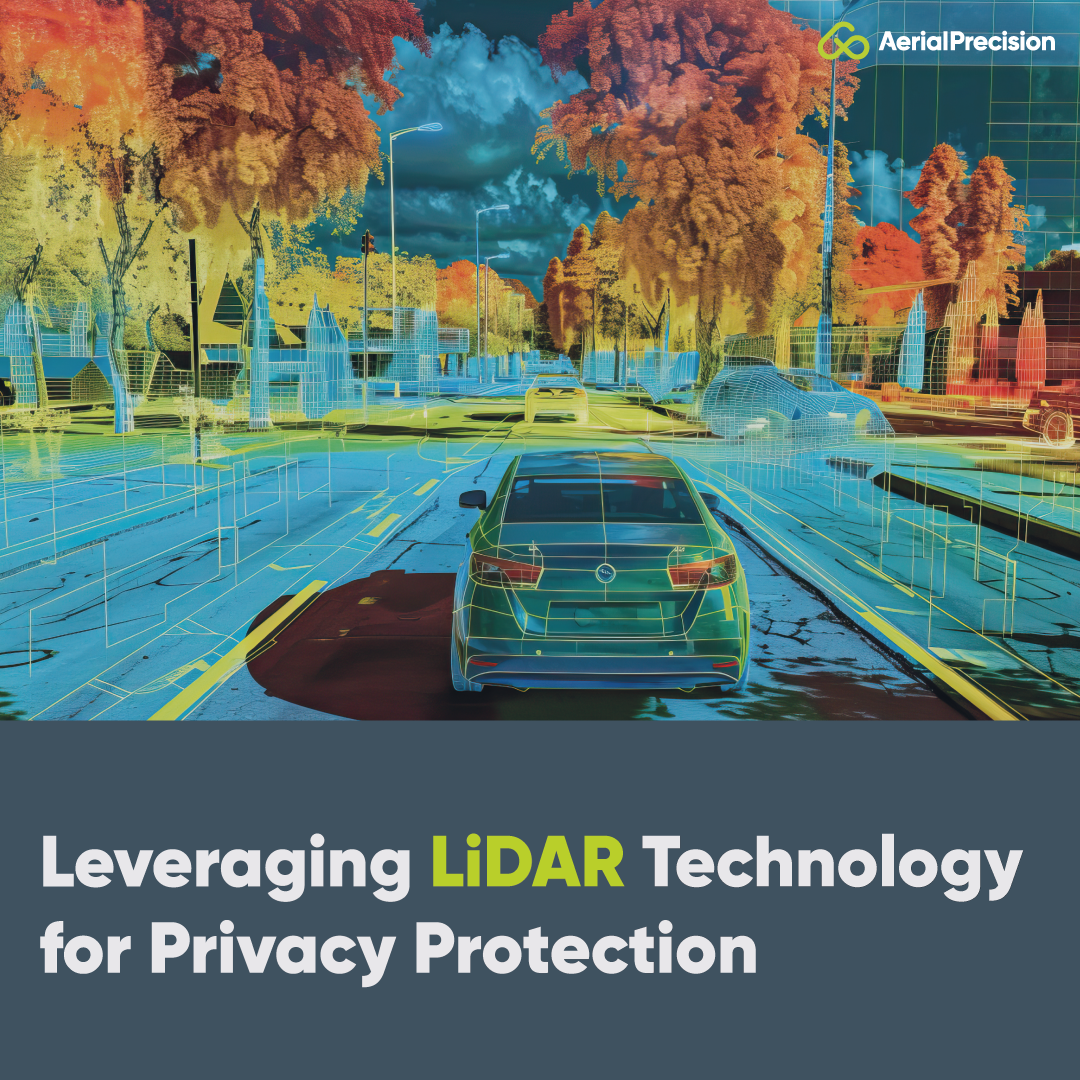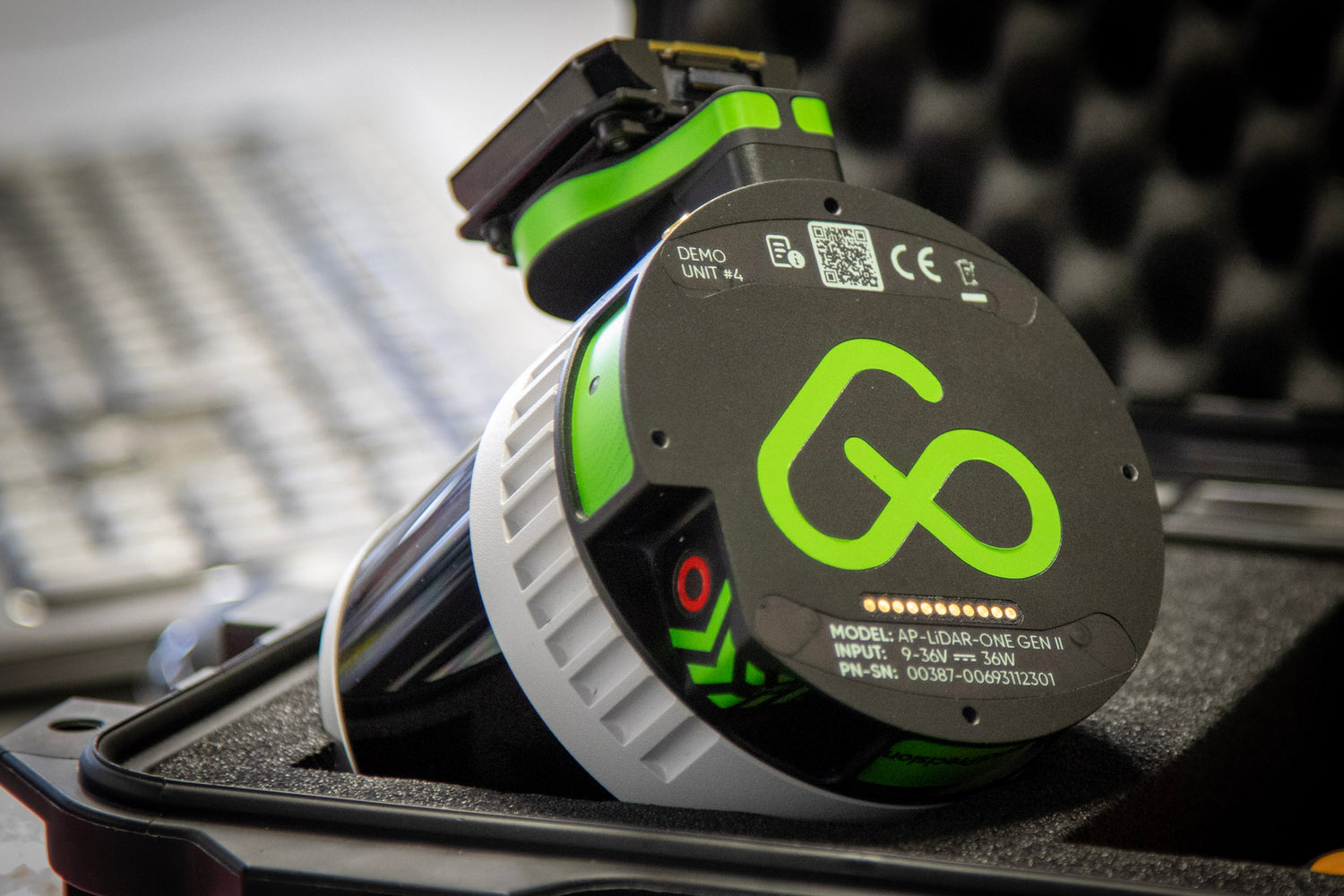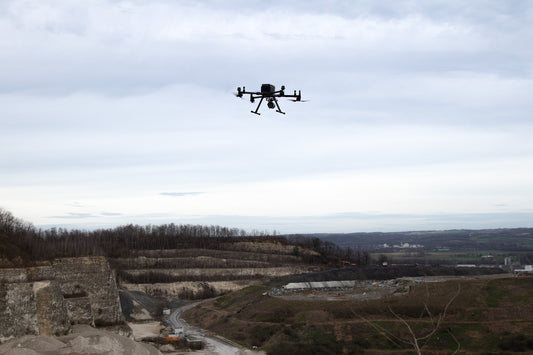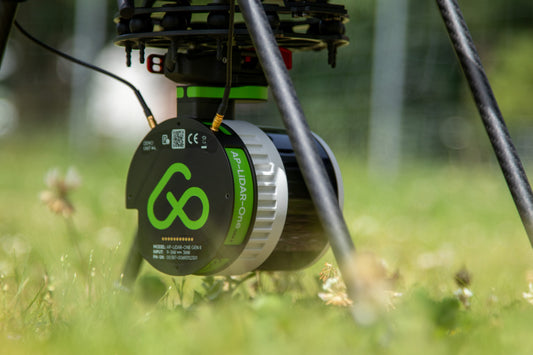
Leveraging LiDAR Technology for Privacy Protection
Ana Rouxinol
As technology continues to evolve, the landscape of our cities and the fabric of our daily lives are transforming in remarkable ways. LiDAR (Light Detection and Ranging) is a technological marvel driving this change. This advanced sensing technology is making strides in smart city development and the Internet of Things (IoT), offering unprecedented precision and efficiency in data collection. However, like any rapidly advancing technology, LiDAR brings a set of privacy concerns that need to be addressed.
The Promise of LiDAR in Smart Cities and IoT
LiDAR is revolutionizing how we perceive and interact with our environment. In smart cities, LiDAR sensors can create detailed 3D maps, enhance traffic management systems, and improve public safety by monitoring crowd movements and identifying potential hazards in real-time. In IoT, LiDAR plays a crucial role in autonomous vehicles, smart home devices, and industrial automation, providing accurate spatial data that enables these systems to function seamlessly and safely.
Privacy Concerns: A Closer Look
Despite its numerous benefits, deploying LiDAR technology raises significant privacy concerns. The core issue lies in the sheer amount of data LiDAR systems can collect. Detailed 3D maps of urban environments, including the movement and behavior of individuals, could be misused if not properly managed. However, it's essential to highlight that LiDAR has certain intrinsic privacy advantages over traditional cameras:
- No facial recognition: Unlike traditional cameras, LiDAR cannot capture detailed facial features, thus preventing its use for facial recognition. LiDAR cannot be exploited to track individuals based on facial characteristics, significantly reducing the risk of unauthorized surveillance and identity tracking.
- No license plate recognition: LiDAR sensors cannot read or recognize text, including license plates. This limitation ensures that vehicles cannot be monitored or tracked via their license plates, addressing a significant privacy concern associated with traditional camera systems.
- Data anonymity: LiDAR data is typically point cloud data, representing the shape and distance of objects rather than detailed images. This data is less invasive, as it needs more detail to identify specific individuals or vehicles. Consequently, the subjects' anonymity is maintained, providing impossible privacy with high-resolution cameras.
Cloud-Based Processing: Addressing Privacy Risks
Many companies providing LiDAR solutions rely on cloud-based processing for its scalability and convenience. While the cloud allows for extensive data storage and computational power, it also introduces risks. Even though LiDAR data is inherently anonymous, it can reveal sensitive information when combined with color imagery and GPS coordinates within a coordinate reference system. Data transmitted over the internet and stored in cloud servers can be intercepted, hacked, or leaked, compromising the privacy of individuals and the security of the data.
A Safer Alternative: Edge Processing with Aerial Precision
Despite the privacy concerns surrounding LiDAR technology, it is essential to recognize that not all LiDAR systems are created equal. Aerial Precision leads with its safer LiDAR solutions through edge processing, handling data directly on the device without reliance on cloud-based systems. This approach enhances data security and privacy by keeping information within the local environment unless explicitly shared, ensuring robust protection against internet vulnerabilities. Aerial Precision's edge processing not only sets a new standard for data security but also mitigates risks associated with online data transmission and storage, offering a significantly safer alternative in the industry.
Benefits of Edge Processing
- Local data handling: By processing data on the edge, Aerial Precision ensures that sensitive information is handled locally, drastically reducing the risk of data breaches and unauthorized access.
- No Internet dependency: Without Internet connectivity, edge processing eliminates vulnerabilities associated with data transmission over the web, protecting data from interception and cyber-attacks.
- Enhanced control and security: With edge processing, users have greater control over their data, ensuring it is only accessible to authorized personnel and systems. This control enhances security and privacy, giving users peace of mind.

Aerial Precision app
In conclusion, while adopting LiDAR technology in smart cities and IoT comes with legitimate privacy concerns, innovative solutions like Aerial Precision's edge processing can effectively address these issues. As we continue to embrace the future of smart technologies, it is crucial to prioritize data security and privacy, ensuring that the benefits of these advancements are realized without compromising individual privacy. LiDAR is safe, especially when it is deployed with the proper safeguards.
Embracing technologies that prioritize privacy will pave the way for a future in which we can enjoy the benefits of smart cities and IoT without sacrificing our fundamental right to privacy.




